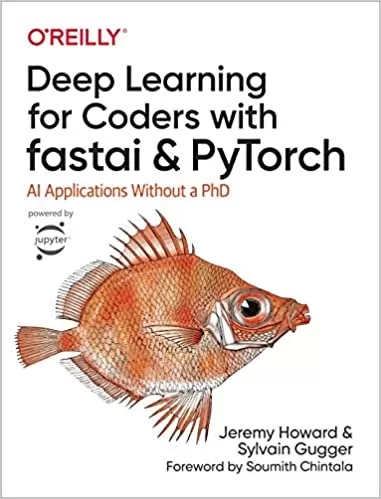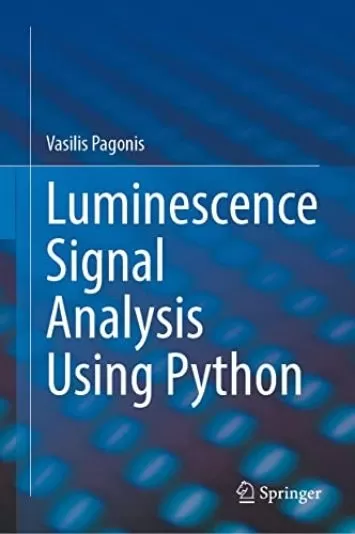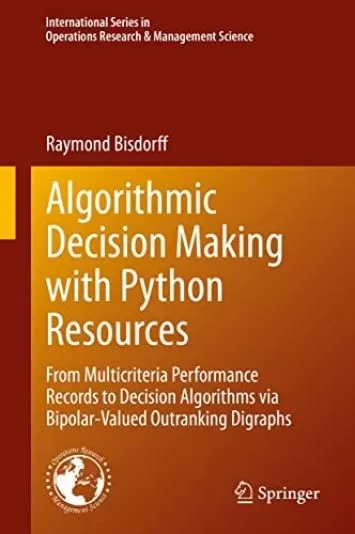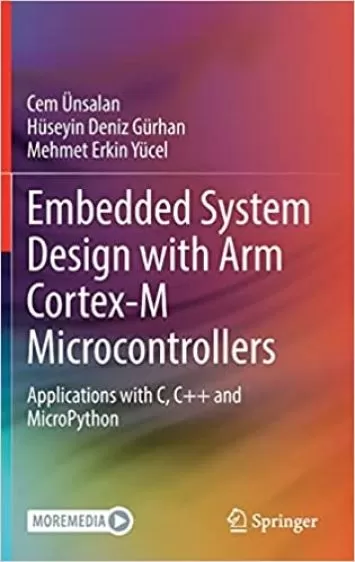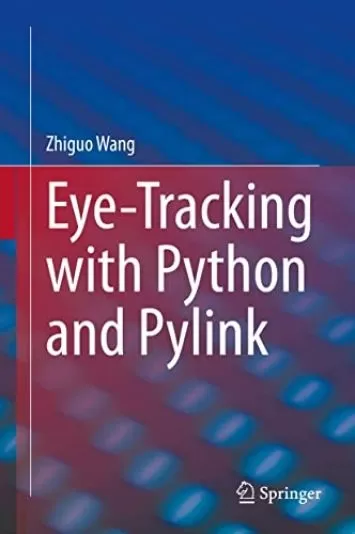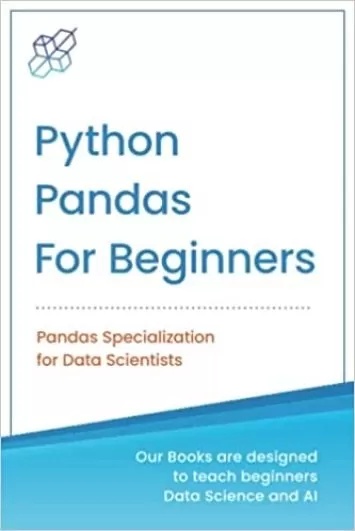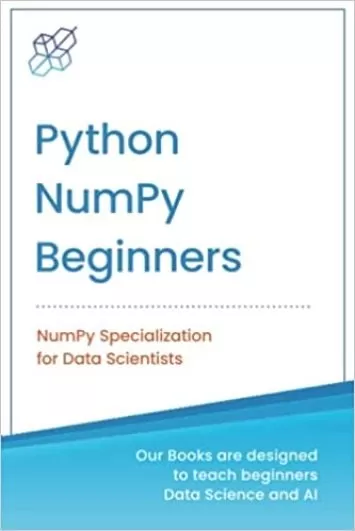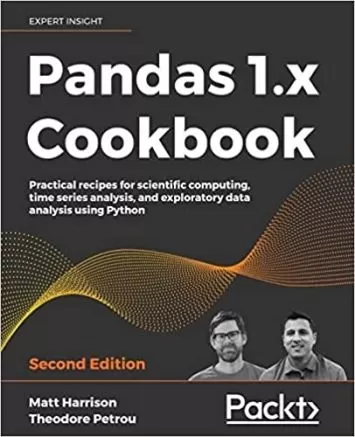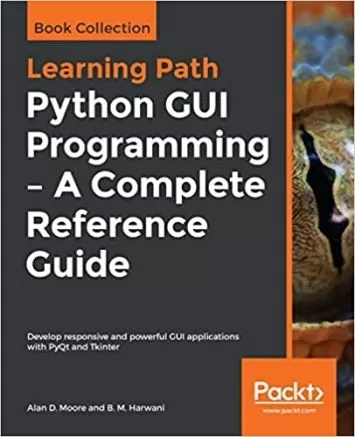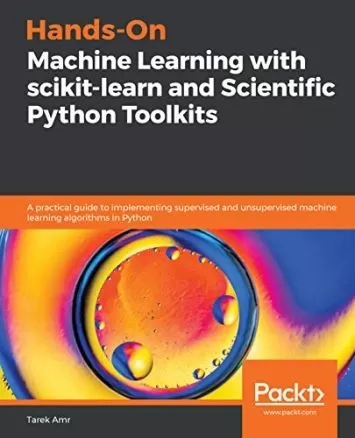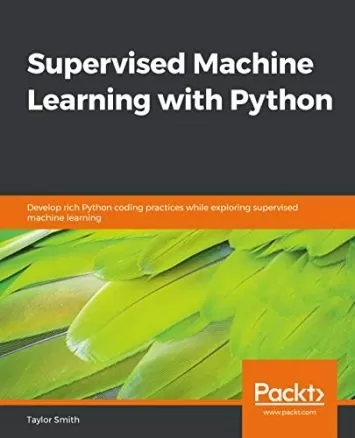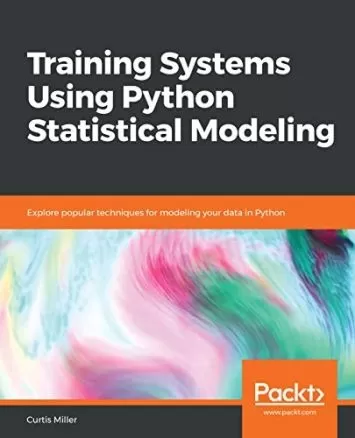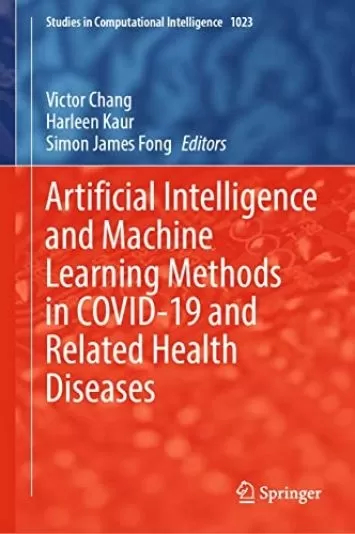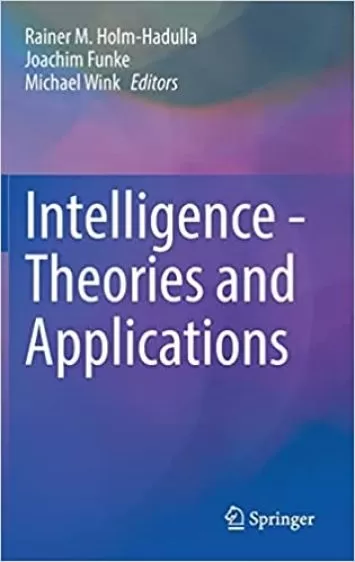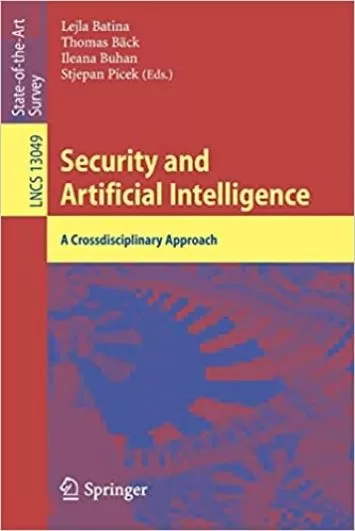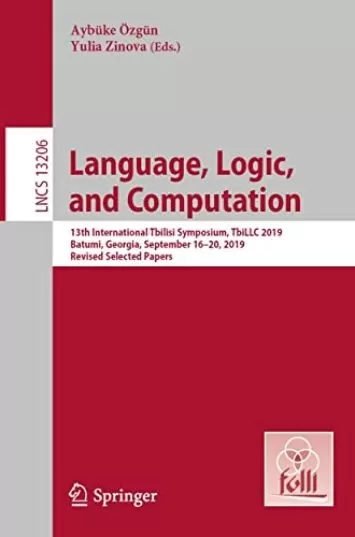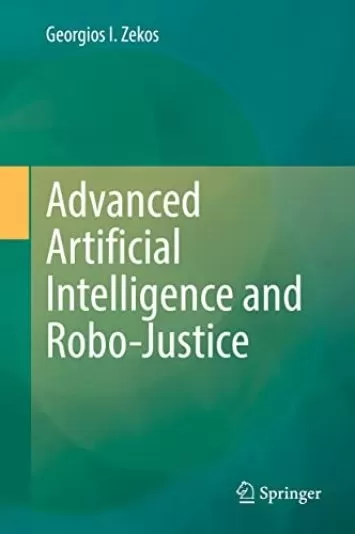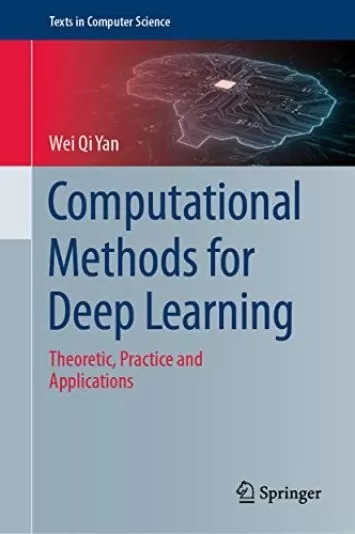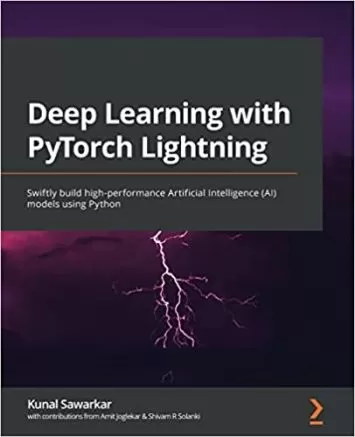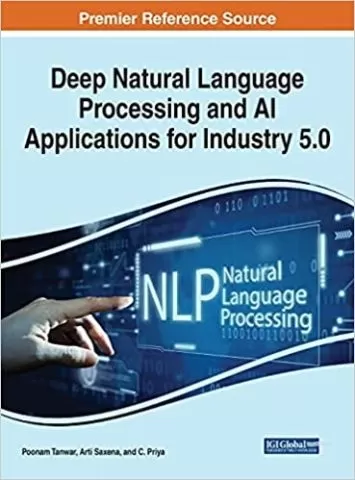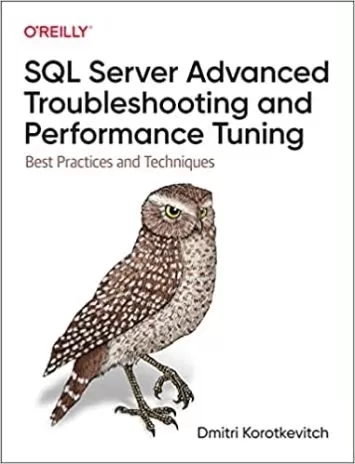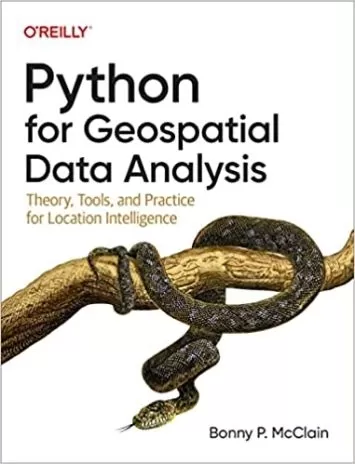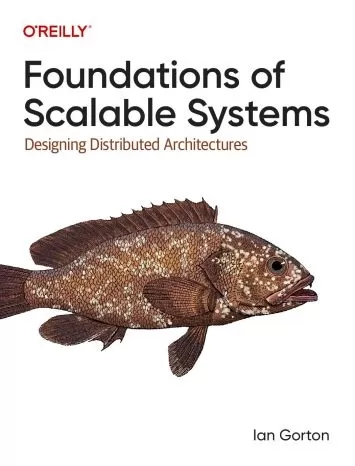Review
"If you are looking for a guide that starts at the ground floor and takes you to the cutting edge of research, this is the book for you. Don't let those PhDs have all the fun---you too can use deep learning to solve practical problems." -- Hal Varian, Emeritus Professor, UC Berkeley; Chief Economist, Google "As artificial intelligence has moved into the era of deep learning, it behooves all of us to learn as much as possible about how it works. Deep Learning for Coders provides a terrific way to initiate that, even for the uninitiated, achieving the feat of simplifying what most of us would consider highly complex" -- Eric Topol, Author of Deep Medicine; Professor: Scripps Research "Jeremy and Sylvain take you on an interactive--in the most literal sense as each line of code can be run in a notebook--journey through the loss valleys and performance peaks of deep learning. Peppered with thoughtful anecdotes and practical intuitions from years of developing and teaching machine learning, the book strikes the rare balance of communicating deeply technical concepts in a conversational and light-hearted way. In a faithful translation of fast.ai's award-winning online teaching philosophy, the book provides you with state-of-the-art practical tools and the real-world examples to put them to use. Whether you're a beginner or a veteran, this book will fast-track your deep learning journey and take you to new heights--and depths." -- Sebastian Ruder, Research Scientist, Deepmind "Jeremy Howard and Sylvain Gugger have authored a bravura of a book that successfully bridges the AI domain with the rest of the world. This work is a singularly substantive and insightful yet absolutely relatable primer on deep learning for anyone who is interested in this domain: a lodestar book amongst many in this genre." -- Anthony Chang, Chief Intelligence and Innovation Officer, Children's Hospital of Orange County "How can I 'get' deep learning without getting bogged down? How can I quickly learn the concepts, craft, and tricks-of-the-trade using examples and code? Right here. Don't miss the new locus classicus for hands-on deep learning" -- Oren Etzioni, Professor: University of Washington, CEO: Allen Institute for AI "This book is a rare gem- the product of carefully crafted and highly effective teaching, iterated and refined over several years resulting in thousands of happy students. I'm one of them. fast.ai changed my life in a wonderful way, and I'm convinced that they can do the same for you." -- Jason Antic, Creator of DeOldify "Deep Learning for Coders is an incredible resource. The book wastes no time and teaches how to use Deep Learning effectively in the first few chapters. It then covers the inner workings of ML models and frameworks in a thorough but accessible fashion, which will allow you to understand and build upon them. I wish there was a book like this when I started learning ML, it is an instant classic!" -- Emmanuel Ameisen, Author of Building Machine Learning Powered Applications ""Deep Learning is for everyone" we see in Chapter 1, Section 1 of this book, and while other books may make similar claims, this book delivers on the claim. The authors have extensive knowledge of the field but are able to describe it in a way that is perfectly suited for a reader with experience in programming but not in machine learning. The book shows examples first, and only covers theory in the context of concrete examples. For most people, this is the best way to learn.The book does an impressive job of covering the key applications of deep learning in computer vision, natural language processing, and tabular data processing, but also covers key topics like data ethics that some other books miss. Altogether, this is one of the best sources for a programmer to become proficient in deep learning." -- Peter Norvig, Director of Research, Google
"Gugger and Howard have created an ideal resource for anyone who has ever done even a little bit of coding. This book, and the fast.ai courses that go with it, simply and practically demystify deep learning using a hands on approach, with pre-written code that you can explore and re-use. No more slogging through theorems and proofs about abstract concepts. In Chapter 1 you will build your first deep learning model, and by the end of the book you will know how to read and understand the Methods section of any deep learning paper." -- Curtis Langlotz, Director, Center for Artificial Intelligence in Medicine and Imaging, Stanford University "This book demystifies the blackest of black boxes: Deep Learning. It enables quick code experimentations with a complete python notebook. It also dives into the ethical implication of Artificial Intelligence, and shows how to avoid it from becoming dystopian." -- Guillaume Chaslot , Fellow, Mozilla "As a pianist turned OpenAI researcher, I'm often asked for advice on getting into Deep Learning, and I always point to fastai. This book manages the seemingly impossible - it's a friendly guide to a complicated subject, and yet it's full of cutting-edge gems that even advanced practitioners will love." -- Christine Payne, Researcher, OpenAI; Creator of Musenet and Jukebox "An extremely hands-on, accessible book to help anyone quickly get started on their deep learning project. It's a very clear, easy to follow and honest guide to practical deep learning. Helpful for beginners to executives/managers alike. The guide I wished I had years ago!" -- Carol Reiley, Founding President and Chair, Drive.ai "Jeremy and Sylvain's expertise in deep learning, their practical approach to ML, and their many valuable open-source contributions have made then key figures in the PyTorch community. This book, which continues the work that they and the fast.ai community are doing to make ML more accessible, will greatly benefit the entire field of AI." -- Jerome Pesenti, Vice President of AI, Facebook "Deep Learning is one of the most important technologies now, responsible for many amazing recent advances in AI. It used to be only for PhDs, but no longer! This book, based on a very popular fast.ai course, makes DL accessible to anyone with programming experience. This book teaches the "whole game", with excellent hands-on examples and a companion interactive site. And PhDs will also learn a lot." -- Gregory Piatetsky-Shapiro, President, KDnuggets "An extension of the fast.ai course that I have consistently recommended for years, this book by Jeremy and Sylvain, two of the best Deep Learning experts today, will take you from beginner to qualified practitioner in a matter of months. Finally, something positive has come out of 2020!" -- Louis Monier, Founder of Altavista; former Head of Airbnb AI Lab "We recommend this book! Deep Learning for Coders with fastai and PyTorch uses advanced frameworks to move quickly through concrete, real-world artificial intelligence or automation tasks. This leaves time to cover usually neglected topics, like safely taking models to production and a much-needed chapter on data ethics." -- John Mount and Nina Zumel, Authors of Practical Data Science with R
"Deep Learning for Coders is much more than a book, as it is accompanied by fastai, a robust community and powerful machine learning framework built on pytorch. State of the art methods are provided out of the box with no compromises, including tricks to make one competitive with top industrial research labs with only a fraction of the compute. The philosophies with respect to education and learning espoused in this book and companion courses have given me the tools to accelerate my personal growth on many dimensions. Through fastai and this book, I have also learned valuable practices for software engineering, testing, iterative development, and ethical frameworks. Jeremy is an awe-inspiring individual who is not only among the top data scientists in the world but an impressive mental athlete who has mastered a wide variety of fields, and you get a glimpse into his mind in this book. Finally, Jeremy and Sylvian are exceptional in that they teach with empathy at all times, which translates into the most approachable book you can buy on deep learning today." -- Hamel Husain, Machine Learning Engineer: GitHub; Product Lead: CodeSearchNet "This book is "for Coders" and does not require a PhD. Now, I do have a PhD and I am no coder, so why have I been asked to review this book? Well, to tell you how friggin awesome it really is! Within a couple of pages from Chapter 1 you'll figure out how to get a state-of-the-art network able to classify cat vs. dogs in 4 lines of code and less than 1 minute of computation. Then you land Chapter 2, which takes you from model to production, showing how you can serve a webapp in no time, without any HTML or JavaScript, without owning a server. I think of this book as an onion. A complete package that works using the best possible settings. Then, if some alterations are required, you can peel the outer layer. More tweaks? You can keep discarding shells. Even more? You can go as deep as using bare PyTorch. You'll have three independent voices accompanying you around your journey along this 500 page book, providing you guidance and individual perspective." -- Alfredo Canziani, Professor of Computer Science, NYU "Deep Learning for Coders with fastai and Pytorch is an approachable conversationally-driven book that uses the whole game approach to teaching deep learning concepts. The book focuses on getting your hands dirty right out of the gate with real examples and bringing the reader along with reference concepts only as needed. A practitioner may approach the world of deep learning in this book through hands-on examples in the first half, but will find themselves naturally introduced to deeper concepts as they traverse the back half of the book with no pernicious myths left unturned." -- Josh Patterson, Patterson Consulting "When your model is not performing as well as you had hoped (almost always), read this book! It provides a great combination of Jeremy's practical experience and Sylvain theoretical knowledge, and makes the art of deep learning accessible." -- Ron Kohavi, VP and Technical Fellow at Airbnb, and co-author of Trustworthy Online Controlled Experiments: A Practical Guide to A/B Testing "Jeremy, Sylvain and Rachel are the absolute masters of creating accessible tools and building community around AI. This is yet another installment of the fast.ai team creating an amazing resource that will help onboard the next hundred thousand aspiring AI researchers globally. Congrats!!!" -- Joe Spisak, PyTorch Product Manager, Facebook
From the Inside Flap
Deep learning is a powerful new technology, and we believe it should be applied across many disciplines. Domain experts are the most likely to find new applications of it, and we need more people from all backgrounds to get involved and start using it.
That's why Jeremy cofounded fast.ai, to make deep learning easier to use through free online courses and software. Sylvain is a research engineer at Hugging Face. Previously he was a research scientist at fast.ai and a former mathematics and computer science teacher in a program that prepares students for entry into France's elite universities. Together, we wrote this book in the hope of putting deep learning into the hands of as many people as possible.
Who This Book Is For
If you are a complete beginner to deep learning and machine learning, you are most welcome here. Our only expectation is that you already know how to code, preferably in Python. In this book, we will be showing you how to achieve world-class results, including techniques from the latest research. As we will show, this doesn't require advanced mathematical training or years of study. It just requires a bit of common sense and tenacity.
What You Need to Know
As we said before, the only prerequisite is that you know how to code (a year of experience is enough), preferably in Python, and that you have at least followed a high school math course. It doesn't matter if you remember little of it right now; we will brush up on it as needed. Khan Academy has great free resources online that can help. We are not saying that deep learning doesn't use math beyond high school level, but we will teach you (or direct you to resources that will teach you) the basics you need as we cover the subjects that require them.
The book starts with the big picture and progressively digs beneath the surface, so you may need, from time to time, to put it aside and go learn some additional topic (a way of coding something or a bit of math). That is completely OK, and it's the way we intend the book to be read. Start browsing it, and consult additional resources only as needed.
All the code examples shown in this book are available online in the form of Jupyter notebooks (don't worry; you will learn all about what Jupyter is in Chapter 1). This is an interactive version of the book, where you can actually execute the code and experiment with it. See the book's website for more information. The website also contains up-to-date information on setting up the various tools we present and some additional bonus chapters.
What You Will Learn
After reading this book, you will know the following:- How to train models that achieve state-of-the-art results in
- - Computer vision, including image classification (e.g., classifying pet photos by breed) and image localization and detection (e.g., finding the animals in an image)
- - Natural language processing (NLP), including document classification (e.g., movie review sentiment analysis) and language modeling
- - Tabular data (e.g., sales prediction) with categorical data, continuous data, and mixed data, including time series
- Collaborative filtering (e.g., movie recommendation)
- How to turn your models into web applications
- Why and how deep learning models work, and how to use that knowledge to improve the accuracy, speed, and reliability of your models
- The latest deep learning techniques that really matter in practice
- How to read a deep learning research paper
- How to implement deep learning algorithms from scratch
- How to think about the ethical implications of your work, to help ensure that you're making the world a better place and that your work isn't misused for harm
About the Author
Jeremy Howard is an entrepreneur, business strategist, developer, and educator. Jeremy is a founding researcher at fast.ai, a research institute dedicated to making deep learning more accessible. He is also a Distinguished Research Scientist at the University of San Francisco, a faculty member at Singularity University, and a Young Global Leader with the World Economic Forum.
Jeremys most recent startup, Enlitic, was the first company to apply deep learning to medicine, and has been selected one of the worlds top 50 smartest companies by MIT Tech Review two years running. He was previously the President and Chief Scientist of the data science platform Kaggle, where he was the top ranked participant in international machine learning competitions 2 years running. He was the founding CEO of two successful Australian startups (FastMail, and Optimal Decisions Grouppurchased by Lexis-Nexis). Before that, he spent 8 years in management consulting, at McKinsey & Co, and AT Kearney. Jeremy has invested in, mentored, and advised many startups, and contributed to many open source projects.
He has many television and other video appearances, including as a regular guest on Australias highest-rated breakfast news program, and data science and web development tutorials and discussions.
^Sylvain is a former teacher and a Research Scientist at fast.ai, with a focus on making deep learning more accessible by designing and improving techniques that allow models to train fast on limited resources.
Prior to this, Sylvain wrote several books covering the entire curriculum he was teaching in France (published at ditions Dunod) until 2015 in CPGE. CPGE are a French specific two-year program whereby handpicked students who graduated high school follow an intense preparation before sitting for the competitive exam to enter the top engineering and business schools of the country. Sylvain taught computer science and mathematics in that program for seven years.
Sylvain is an alumni from cole Normale Suprieure (Paris, France) where he studied mathematics and has a Masters Degree in mathematics from University Paris XI (Orsay, France).
